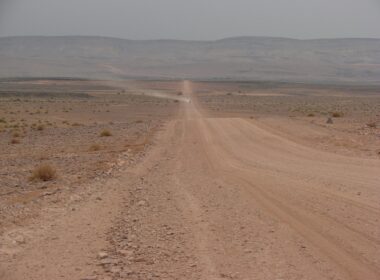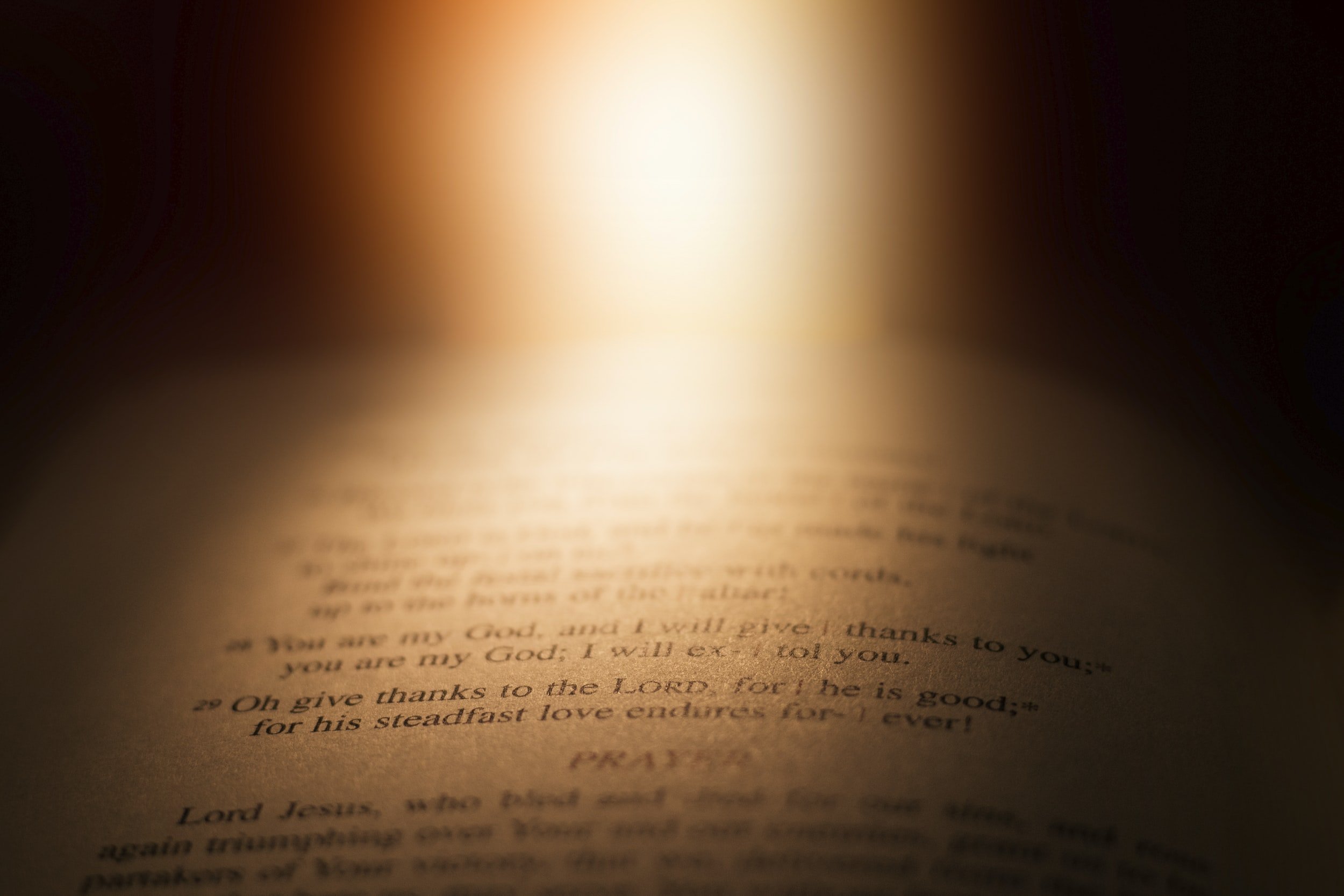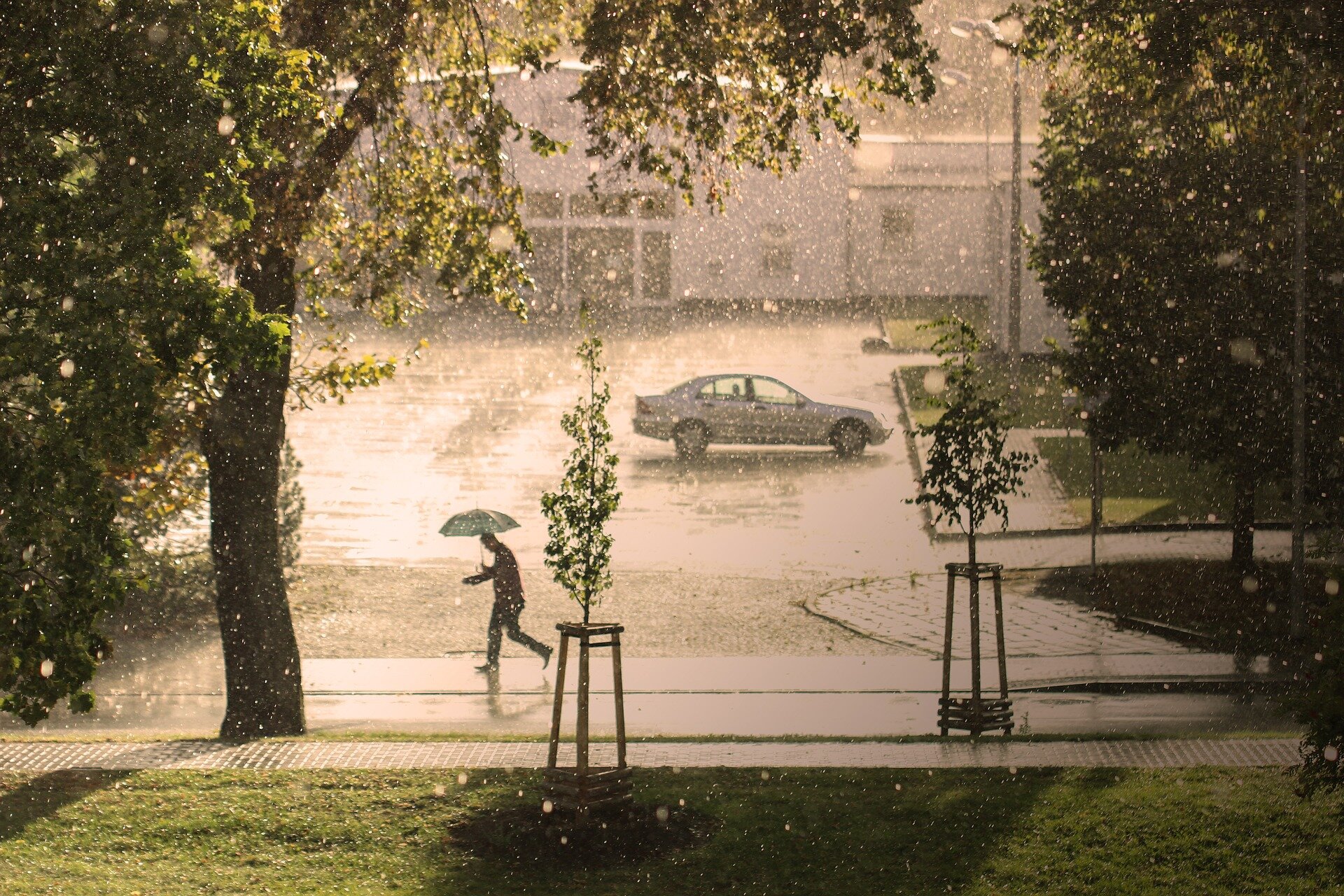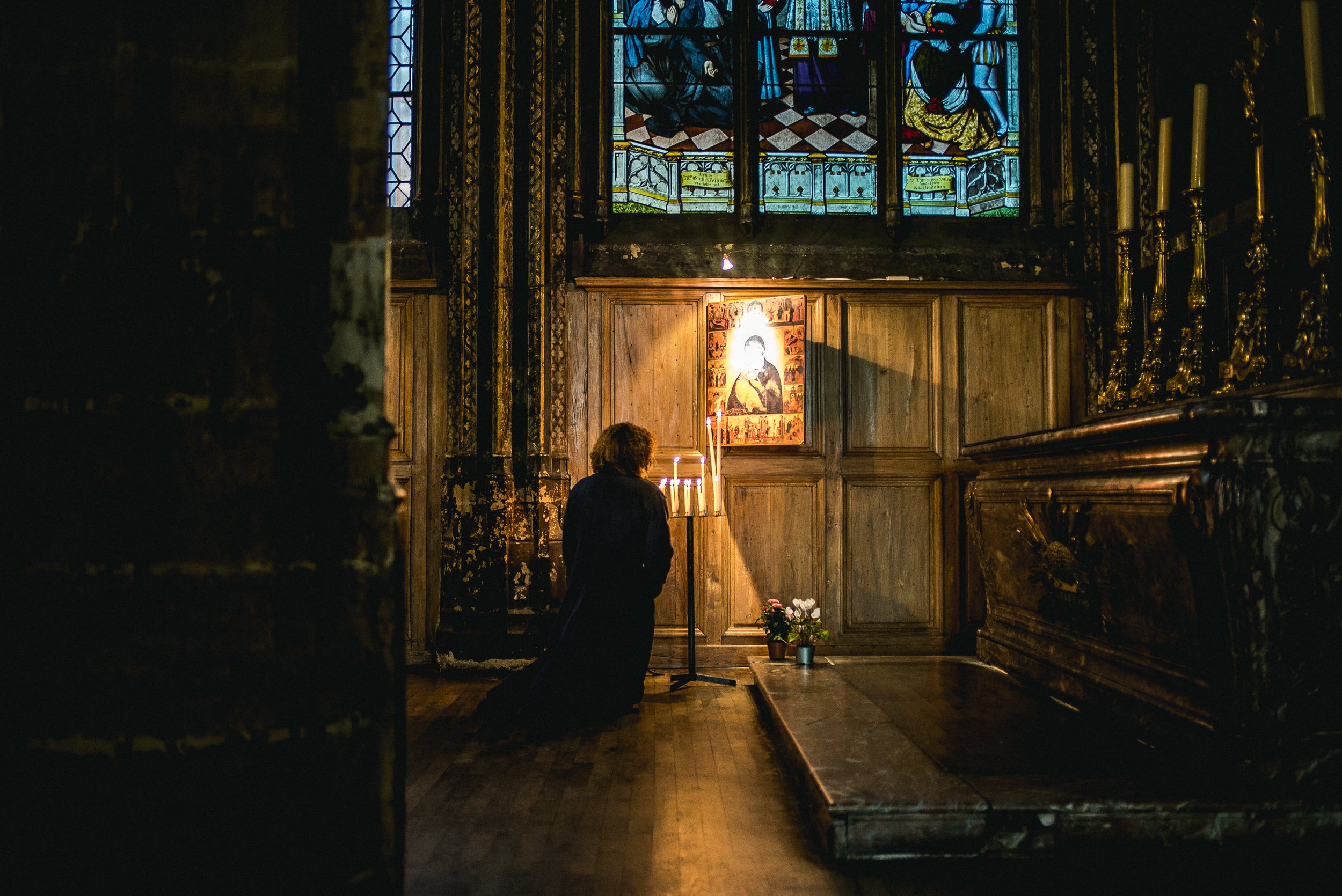Sunday ritual was writ in stone. At nine o’clock, I’d be up, walking from my shoebox apartment, past the Capitol and the battered bookstore on Colfax, beyond the ever-rising skyline, to my spiritual home. As I shuffled to the bright red doors at the back, a sign proclaimed: St. Paul, “In the City for Good.”
I, on the other hand, wasn’t. I bounced back and forth for many years, sometimes remembering to come to services, sometimes forgetting. In my mid-20s, it was a mainstay — the spark that ignited my conversion from Catholicism to Lutheranism. It opened by eyes to the acceptance of marginalized people. It empowered me to move beyond theologies of guilt to a worldview unwaveringly rooted in liberation and optimism.
Many, many Sundays I spent in those pews, reminding myself of the basics: I am alive, I am blessed, I am forgiven, I am loved, I have much to give. In this renewed spirit, I’d throw myself at the week and the world, letting go of needless fears and guilts that weighed on my soul. I lived upright, to the best of my ability.
In my mid-30s, however, I left St. Paul. I could point to many reasons — a new home, further away; a taxing relationship; career upheaval; doubt. And yes, laziness. Were I in confession today, the truth would come tumbling out: It’s been years since I made St. Paul (or any church) a part of my weekly routine. Years since I prayed in any meaningful way. Years since I read the Bible.
I’ve suffered because of it, faced voids because of it. Something has been missing for a long time that I have not addressed. But is it a fabricated need? I see so many others soar through life without any kind of spiritual community, any lived faith. How?
For many of my friends, the answer is secular humanism. If you ask the Oxford Dictionary what that’s all about, you get this: “[secular] humanism [is] the belief that humanity is capable of morality and self-fulfillment without belief in God.”
Here’s my own sticky wicket: Is secular humanism a faith, or simply natural survivalism? I can see that well-placed morality (when in practice by most of humanity) and self-fulfillment result in happiness, longer life, deeper relationships, innovation, and, yes, procreation, i.e. survival of the species.
And yet, strict adherents to natural science and evolution would likely argue that survivalism is simply about staying alive and propagating. If so, then secular humanism is outside the scope.
Lets assume the former definition stands. More questions arise: Who sets (and how do they set) the compass of morality? Or, for that matter, the threshold for mutual care? To love humanity enough to be a secular humanist, there must be something that instills love of personhood beyond strict species preservation. What is this “greater than”?
This brings me back to spirituality — or faith in some form. I admit that I’ve wondered at the inerrancy of my own faith while toying with the more inclusive perspective of secular humanists and those of progressive traditions. Is it possible there is one God, one Son of God, one way to believe? I have seen and read too much to take that at face value. And while the core teachings of the Lutheran church often resonate, I find that many other traditions do better at putting those teachings into practice. My foray into Buddhist meditation, for instance, taught me that turning inward and honing a quiet mind can be invaluable to one’s peaceful and fruitful living — doing away with Christian distractions like guilt, obligation, and the never-ending lust for grace. This frees the mind to live according to one’s own passions, which invariably betters the world.
Still, I haven’t found one tradition that seems to “have it all” — inclusivity without blurring right and wrong; liturgy without single-deity focus; teaching without single-mindedness; community without unspoken prerequisites. Some have suggested Universalist Unitarianism, but my experience here lacks grounding. Everything is interpreted through an individual lens. By their own admission, there is no shared creed — which feels a lot like walking in different directions at the same time instead of journeying together.
In all of this confusing mire, the ultimate question has become: Does my faith bring happiness to my mind, heart, and soul, while inspiring a life that brings happiness to others? There is an underlying necessity in this to accept that something winds the clocks above/beyond us, but what that essence is still eludes me. Perhaps I simply don’t need to know what it is. (Ironically, this echoes Yahweh’s own affirmation, “I am that I am.”)
As I weigh my “ultimate question,” I play with a prickly pantheism. A cohort of academics at Stanford sees pantheist perspective “as the view that God is identical with the cosmos, the view that there exists nothing which is outside of God, or else negatively as the rejection of any view that considers God as distinct from the universe,” but I see it slightly differently.
To me, pantheism is a belief — or perhaps just a suspicion — that the character of our deities are in, large measure, our own concoction. They are built on narratives rooted in lived experiences, yes, but we have inflated and embellished them to match the necessary bigness of a “greater than.” It is possible, in my mind, that Yahweh overlaps with Vishnu, with Buddha, with Christ, with Allah — they’re all simply painted in different colors and varying brush strokes. That is no more sacrilege than failing to give up something for Lent (a practice which I abandoned years ago, as it placed far too much emphasis on meaningless personal suffering).
I see inklings of this pantheist thinking around me, the spiritual gears turning in the hearts of my friends and peers. But it never manifests in a way that organically creates a community of like-minded spiritualists. There is no togetherness. Spiritual gear-grinding happens in silos, and I suspect, ultimately continues into old age with little resolution or meeting of minds.
In some respect, that’s fine — the best discernment often happens in aloneness. Yet it cuts out the community that monotheistic faiths enjoy. That’s what I miss the most.
Believe me, I have thought about going back to church. Joining in volunteer activities, Bible studies, holy day fêtes, and so on. To be a part of a community that is, by its nature, on a journey of faith and doubt together. To be able to share questions safely. To know that at your nadir, your collapse, there will be people around you to lift you up because that is their driving force: to love, to forgive, to restore no matter the transgression. To remind you that you have worth, potential, value. A place and a purpose.
And yet, when I think about St. Paul, I realize our faiths diverge. Our theologies don’t align. I don’t feel like I quite belong — not if I’m constantly stepping outside of Christianity to pull people into my pantheistic dandies.
So, then, where do I go? I don’t belong with secular humanists or UUs. I’m not Buddhist, not Hindu, not Jewish, not Muslim, not even quite Christian anymore.
Are there others like me? Where are you? And how do we build a spiritual community together that embraces faiths and traditions from the world over while grounding ourselves in love, forgiveness, purpose, and the distinct belief in “something greater than”?










